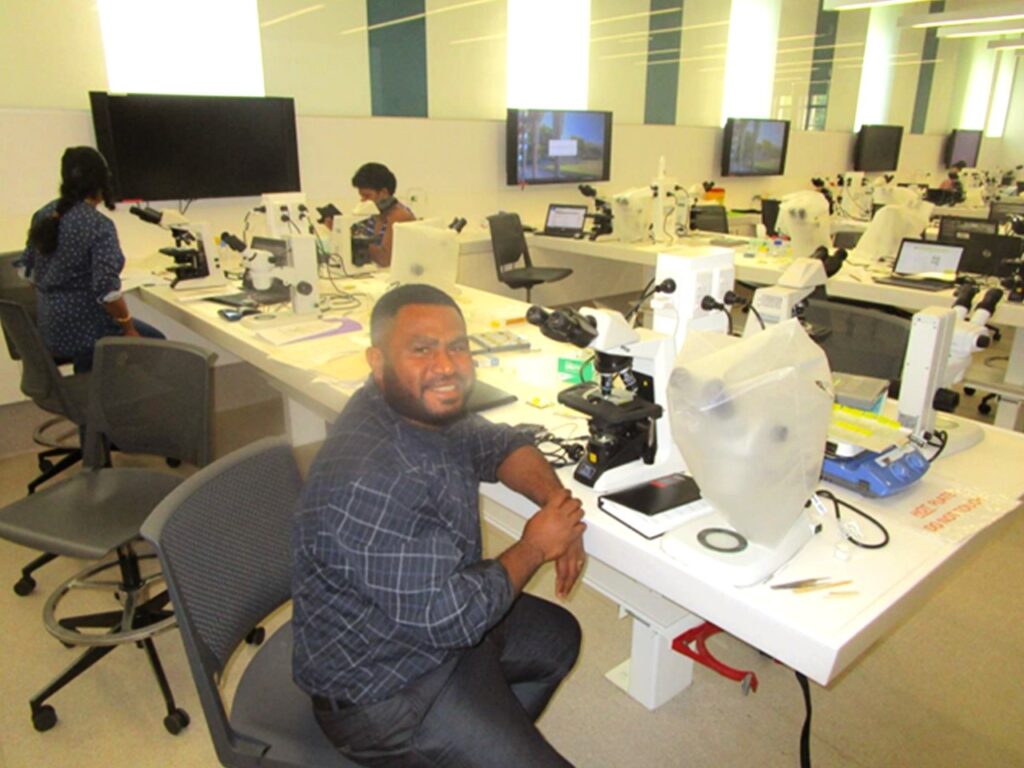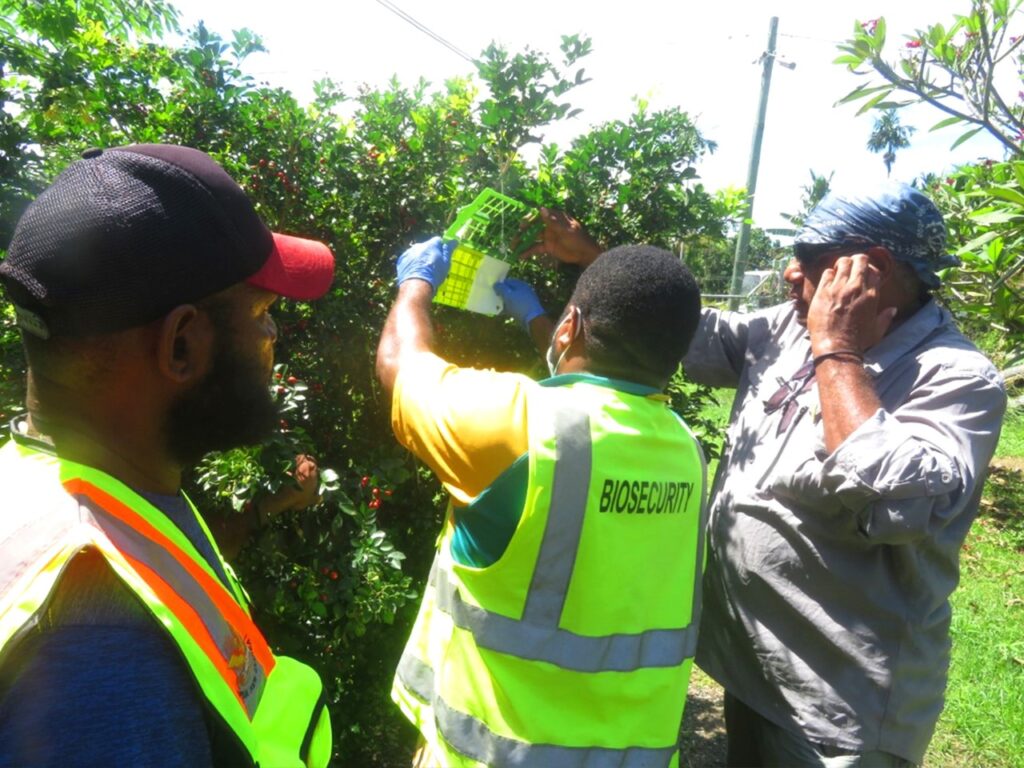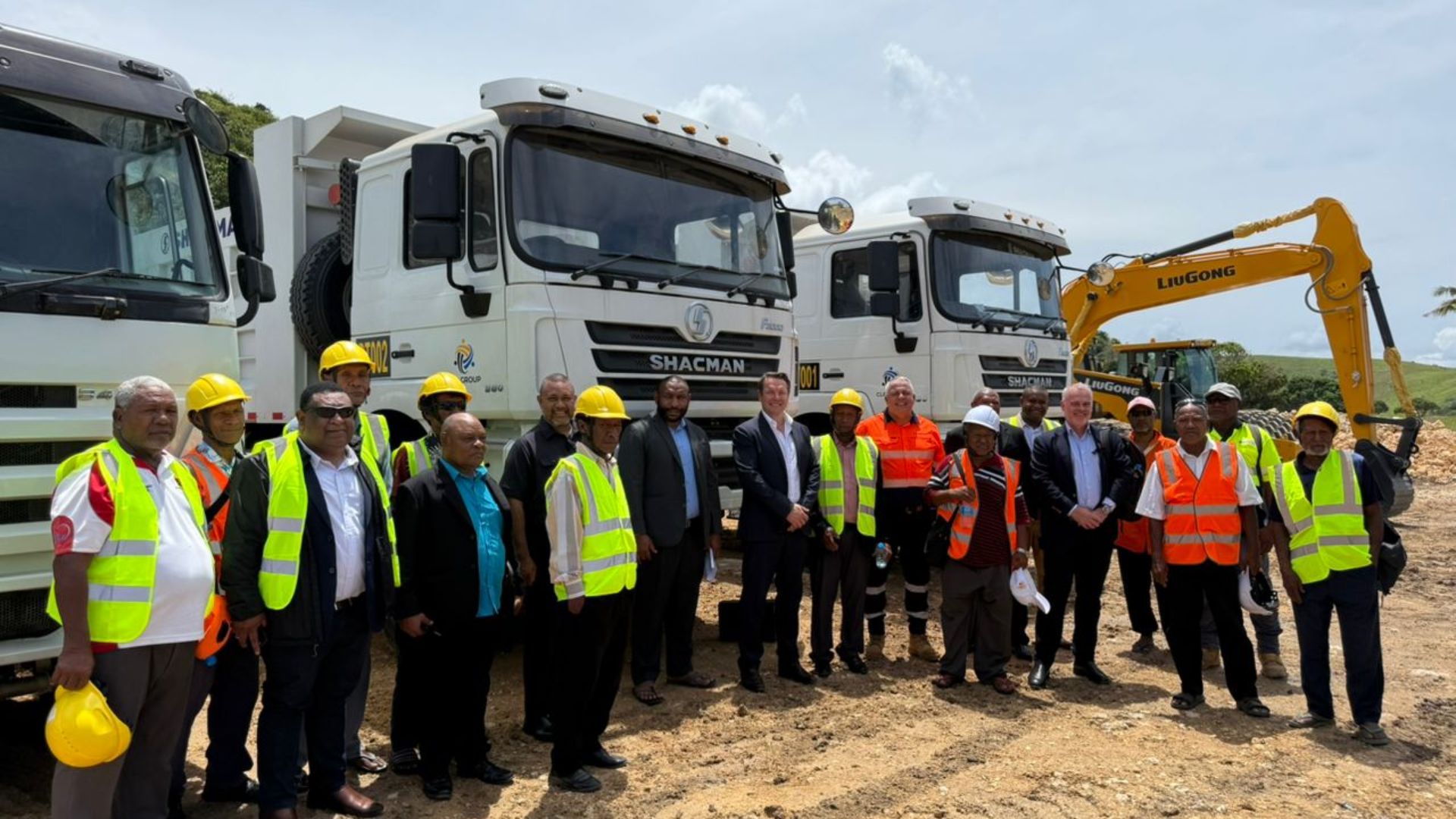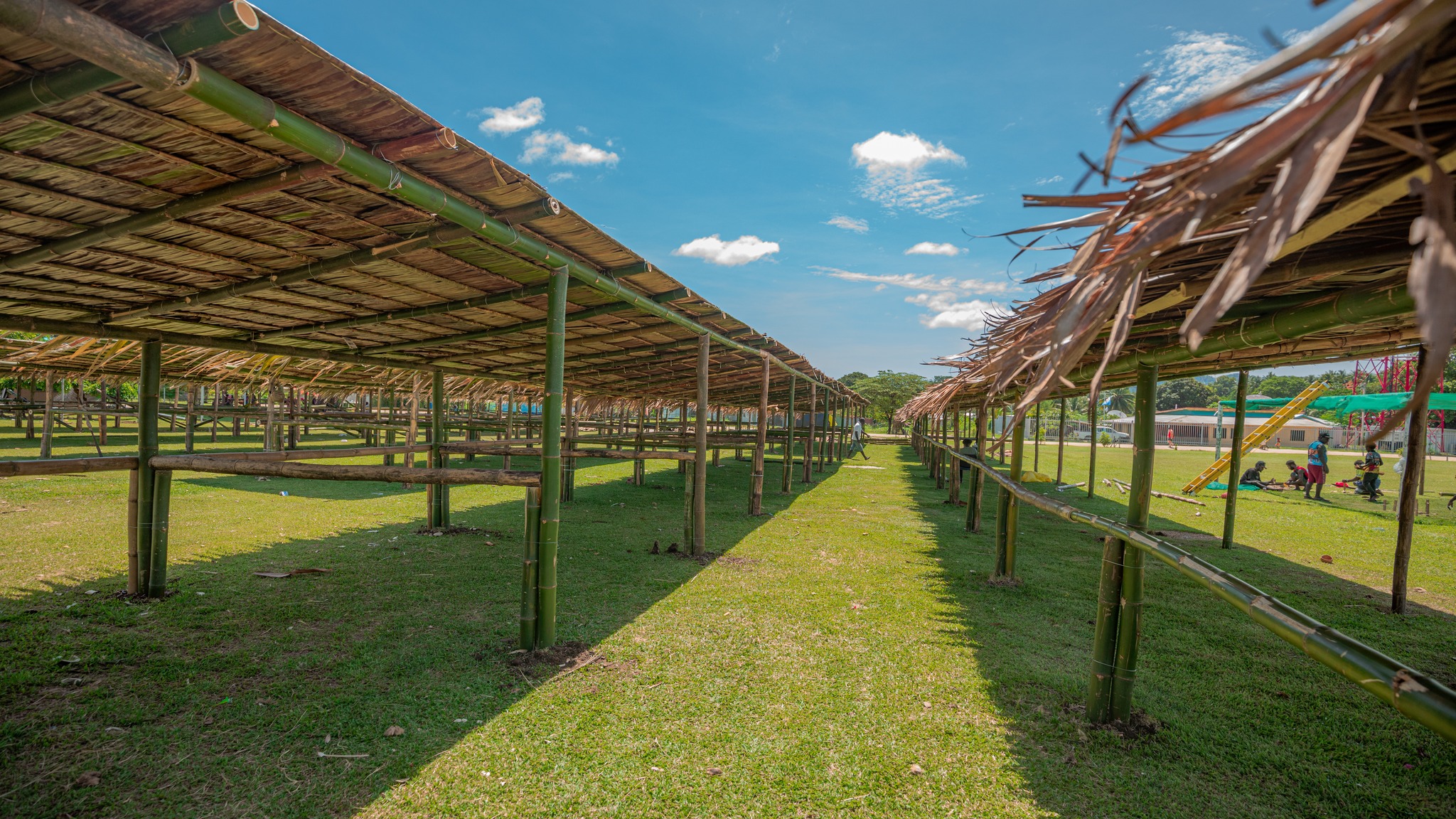“The symposium was an eye-opener for me as I learned that several plant diseases in PNG such as the Bogia Coconut Syndrome and Banana Wilt Associated Phytoplasma are vectored by hemipterans,” says Noah Saruwa, Agriculture Scientist, and Australia Awards awardee.
What’s a hemipteran you may ask? Commonly called true bugs, they range from cicadas and leafhoppers to bed and assassin bugs.
There are more than 80,000 species and have piercing and sucking mouths to extract plant sap or suck blood. Enemies to agriculture.
Growing up in his home village in Oro province, Noah and his family’s daily lives depended on farming. Seeing crops affected by pests and diseases inspired Noah to pursue plant protection studies.

While studying a Master of Agriculture in Plant Protection at the University of Queensland, Noah attended the symposium that was held in Melbourne in December 2022.
The 34-year-old was the only Papua New Guinean among plant scientists from Australia, New Zealand, Asia, Europe, and America.
Noah applied for the Australia Awards scholarship to study for his master’s while working as a plant health scientist with the PNG National Agriculture Quarantine and Inspection Authority.
He said: “I would highly recommend this scholarship to any Papua New Guinean who wishes to pursue postgraduate studies. Not only will you learn from some of the best universities in the world, but also build networks through participation in such on-award enrichment programs. Being exposed to such an international learning environment also builds confidence and improves your soft skills. It was such a rewarding experience for me both professionally and personally thus far.”
From the symposium, he learned about the different methods used to diagnose and trap hemipterans, and the importance of viral diseases affect the agriculture system.
“Even though there is no cure for the plant diseases caused by viruses and phytoplasmas vectored by insects, their spread can be reduced through the improvement of internal biosecurity, surveillance, and early warning systems,” says Noah.

He also learned that pest diagnosis, surveillance, and monitoring are very important in agriculture. “Surveillance and monitoring help identify the pests and diseases we have on our shores, while correct diagnosis helps identify which insects are pests and which are not, and the right control strategies are recommended and applied,” he says. “As such, it is imperative that we improve our pest and disease surveillance and monitoring programs, which could serve as an early warning tool, where new and exotic pests and diseases can be detected early and eradicated before establishment.”
The knowledge that he gained, coupled with the established networks formed with plant scientists from the symposium, boosted his confidence that potential vectors of Bogia Coconut Syndrome and Banana Wilt Associated Phytoplasma can be identified and prevented from damaging the crops.
“I would like to thank Australia Awards PNG for organising such an on-award enrichment program where I have the opportunity to mingle and build networks with professionals from all over the world.” Noah is optimistic about using his knowledge and working in partnership with key stakeholders to empower farmers by raising community awareness on how to protect their crops from invasive pests and diseases. “Famers will be able to grow crops and produce more in an environment where there are no losses caused by pests and diseases.”




